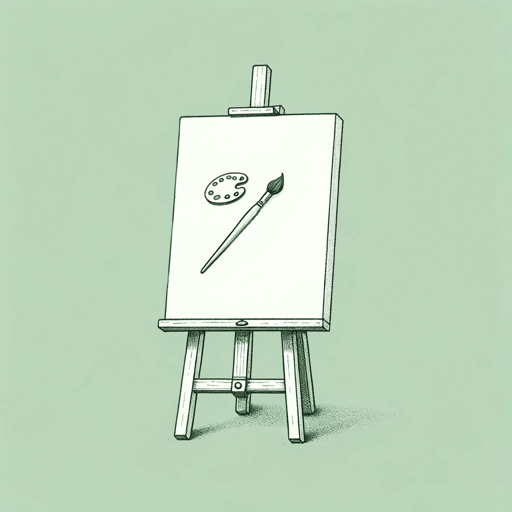49 pages • 1 hour read
Richard PowersThe Echo Maker
Fiction | Novel | Adult | Published in 2006A modern alternative to SparkNotes and CliffsNotes, SuperSummary offers high-quality Study Guides with detailed chapter summaries and analysis of major themes, characters, and more.
Background
Literary Context: Modernism and Realism
Richard Powers’s literary influences draw from the Modernist Movement, particularly writers like James Joyce—whose influence is apparent in the stream-of-consciousness chapters of The Echo Maker. In those chapters, Mark is struggling to recover from his injury and is trapped in his own mind, unable to assemble a story to explain what has happened to him. The Modernist influence also appears in Powers’s focus on realism—the study of character and experience without the imposition of classical story structure.
The classical story structure is the form employed in myths, legends, and fairy tales. It introduces the conflict in Act 1, develops it in Act 2, and comes to a climax and then resolves it in Act 3. As Mark tries to reassemble his sense of reality, he tries in vain to impose a classical structure on his real life.
The Modernist approach to storytelling from a realistic perspective offers an intellectual understanding of personal transformation. The Echo Maker is structured largely in terms of theme rather than conflict. Each of its five parts revolves around one of the major themes of the story. Though Mark’s condition drives the plot, most of the characters’ conflicts are internal rather than external.
Related Titles
By Richard Powers





